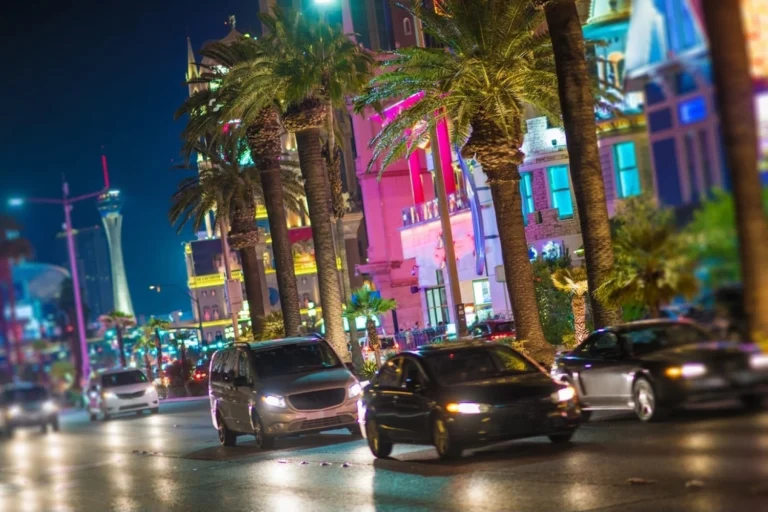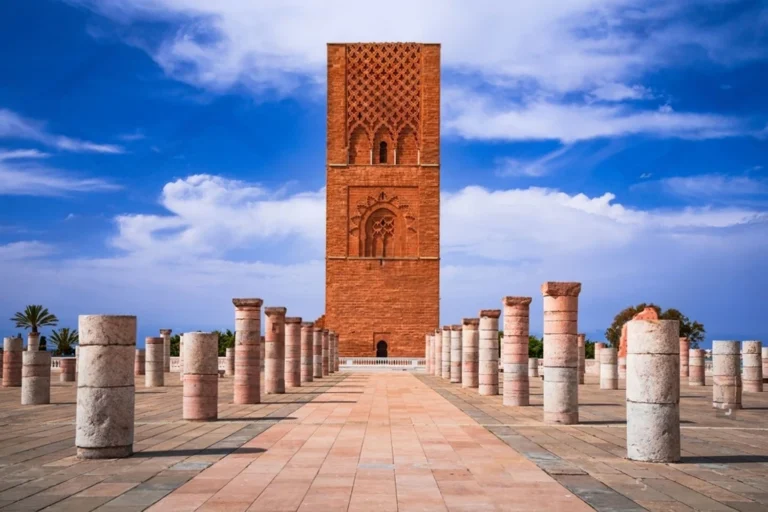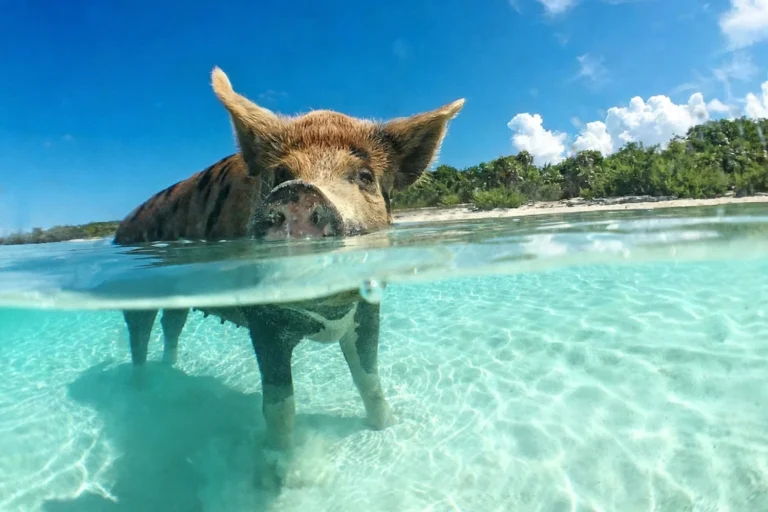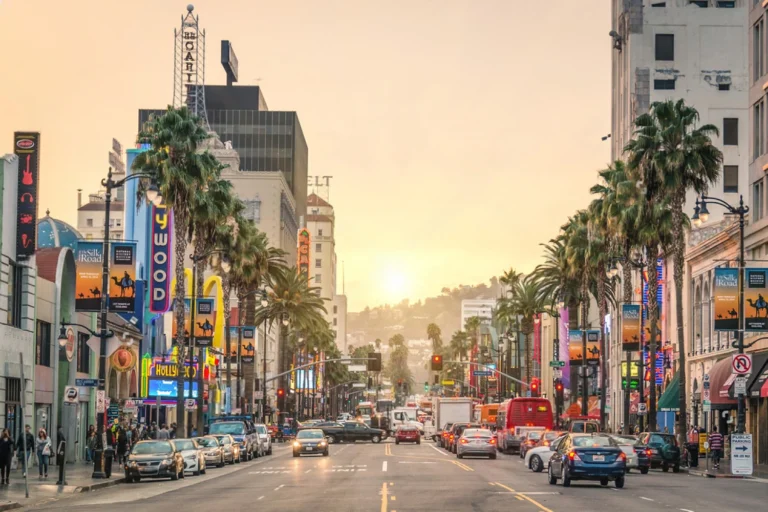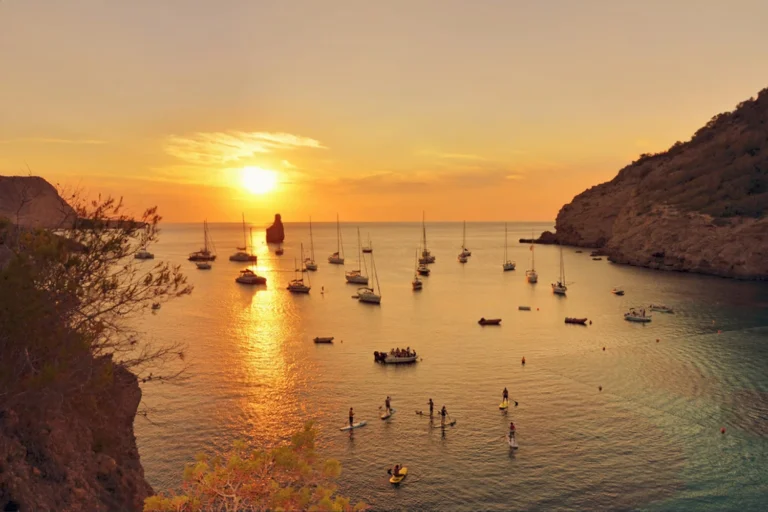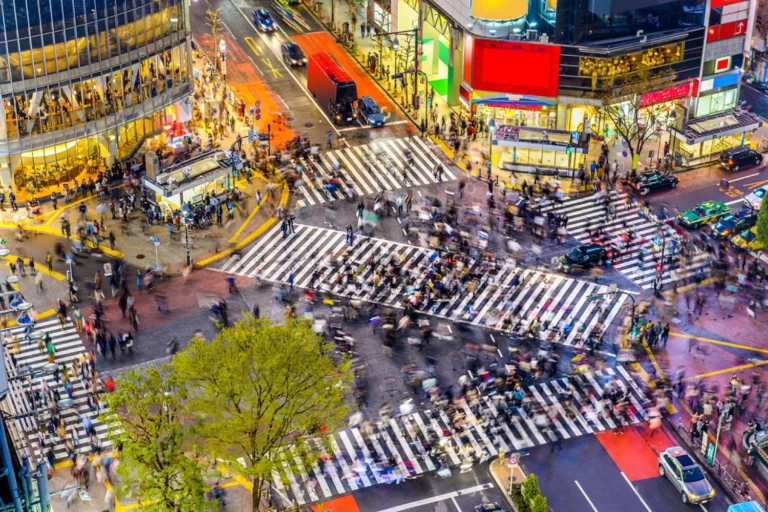Russia: 30 Curious Truths You Won’t Find in Textbooks
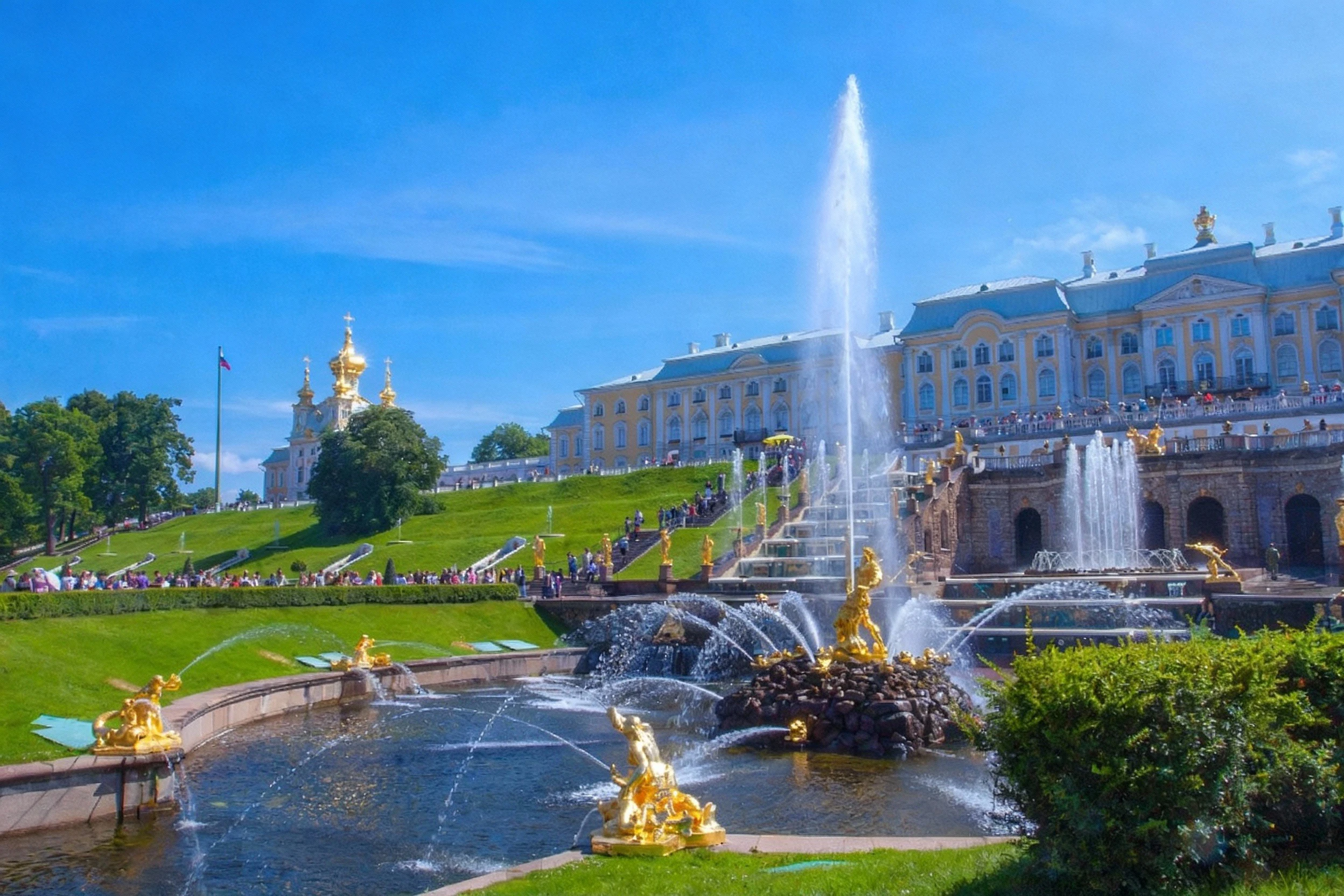
Traveling through Russia feels a bit like opening an old music box — each turn of the key reveals another secret tune you didn’t know was waiting. The scent of wood smoke, the shimmer of frost, the hush of train stations at dawn — everything seems to hold a story just beneath the surface. It’s a country that hides its tenderness in plain sight, offering glimpses of wonder to those who linger long enough to notice. This isn’t about what’s famous, but what quietly endures — the small, overlooked truths that make Russia feel endlessly alive.
Where the Caspian Gate guarded 5,000 years of footsteps
I still remember the hush that settles on sun warmed stone when the wind blows in from the Caspian. The air tasted a little salty, and the lanes smelled of tea and dust after heat. Time there moves like a slow tide, sanding edges rather than counting minutes. It made me stand a little quieter, as if noise could scuff something precious.
They say this is one of the world’s oldest places people have called home, more than five millennia of doors opening and closing while a narrow pass the old Caspian Gate was watched. In Derbent, the ancient walls seem to murmur Persian tales and the soft echo of nomad hoofbeats, the kind of history you don’t read so much as feel in the cool of the shade. I remember thinking how brave and tender it is to guard a passage for so long, not to keep life out, but to guide it through.
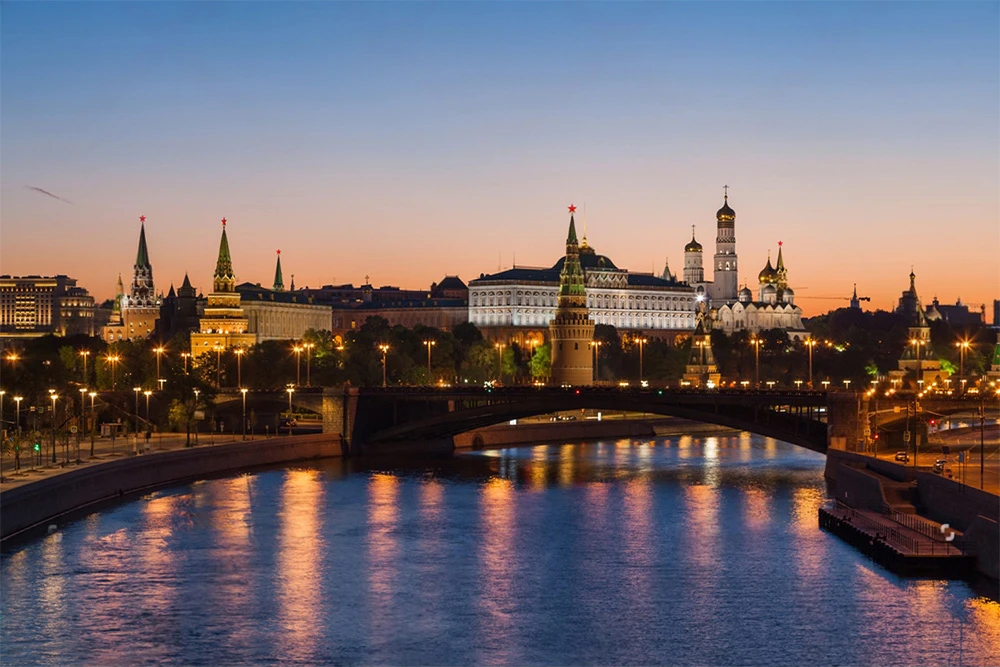
Europe’s largest medieval stronghold surrounds cathedrals and gardens
I didn’t expect a fortress to feel tender. The red walls run for what feels forever two solid kilometers yet they don’t loom so much as hold you, the way old hands cup a heart. Somewhere between the clink of bells and the hush beneath the trees, the idea of power softens into something human.
Inside the Moscow Kremlin, cathedrals glow softly, gardens hide in quiet corners, and the armory carries the faint scent of iron and old velvet. You don’t just look; you listen, and even the air feels quieter. That’s the surprise: Europe’s largest medieval stronghold isn’t only about rulers and flags it holds the textures of centuries, where the past feels close enough to touch and walking there feels, honestly, like time travel.
A mountain that’s almost as old as Earth
I laughed under my breath, the way you do when a number refuses to fit inside your head. They say the rocks of Mount Karandash in the Urals are about 4.2 billion years old nearly as old as the planet itself. The wind felt dry and clean, carrying a hint of pine and cold metal, and the stone had that chalky, ancient stillness that makes you lower your voice without knowing why.
If that age is true, this peak was taking shape before the continents even settled into their seats. I remember the lichen clinging in soft greens, the kind that only appears where things have been waiting a very long time, and feeling time move past like a deep river under ice slow, unstoppable, quiet. You don’t argue with years like that; you just let your busy thoughts unclench.
What surprised me most was the gentleness of it all. The place didn’t make me feel small so much as held, as if endurance could be kind. For a moment, plans and calendars felt tender and temporary, which somehow made them sweeter. I left believing that our brief days still belong to a story that began before maps had a reason to exist.
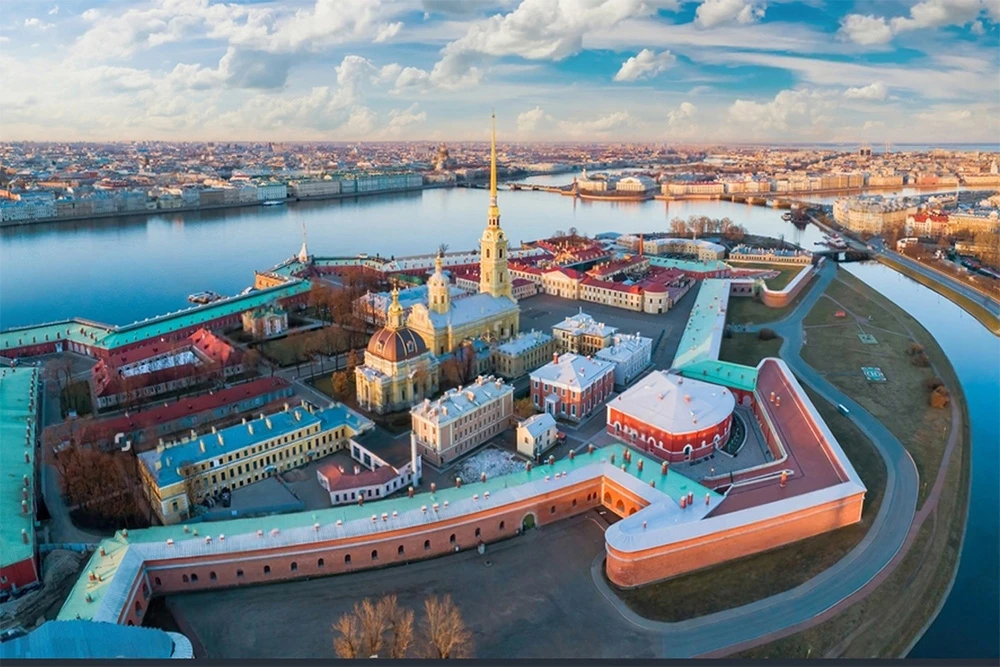
Where bronze keeps a straight face and quietly giggles
You notice a lot from the statues people put up. I remember a cold afternoon, low sun warming the plaques just enough to glint, the air tasting of winter and bread, and realizing the solemn and the playful can sit side by side without fuss.
Among something like 172,000 monuments scattered across Russia, you’ll meet generals and poets – and then, out of nowhere, a tribute to soft cheese, plus a surprisingly dignified nod to the medical enema. The bronze is smooth and chill under my fingertips, yet the thought of it loosens a grin I can’t hold back.
That ease between reverence and humor feels like permission to be whole, to admit our bodies, our appetites, and our history all at once. To me it’s a country sized cabinet of curiosities: earnest, eccentric, and unexpectedly tender. I carried that feeling for days, a quiet proof that you can honor what you love and still laugh with it.
https://en.wikipedia.org/wiki/Russia
Palm trees where the map says they shouldn’t grow
I remember blinking at the skyline: palm fronds moving in a soft sea breeze, while somewhere along this same latitude Vladivostok crunches under winter boots. In Sochi, the air felt mellow and salt sweet, and I couldn’t help grinning, as if the atlas were playing a practical joke.
It’s the kind of contradiction that makes Russia feel vast in the bones. Here, geography bends, the mountains shoulder off cold winds, and the Black Sea seems to tuck a warm shawl around the shore. Standing there, I felt how coordinates can be poor storytellers: a place isn’t just lines on a map, it’s temperament, a quiet decision to be bright when the world expects frost.
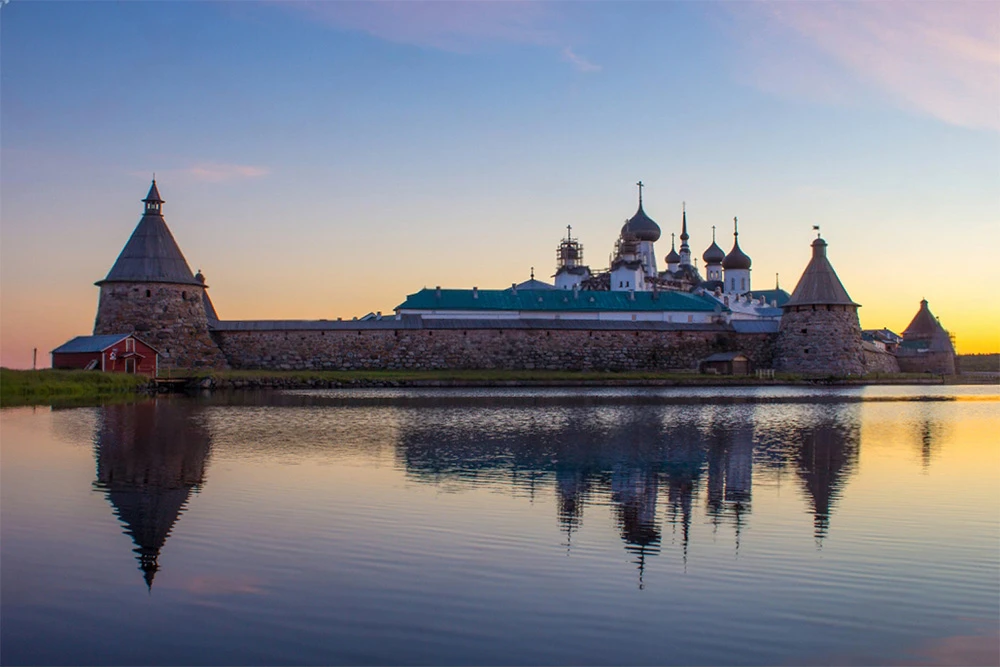
A tiny city holding fifty three churches and endless bells
I heard the bells before I saw the rooftops: clear, layered notes crossing the damp grass. Cows flicked their ears and kept on grazing; the air smelled of hay and wood smoke, and the domes ahead caught the sun, sudden and gentle.
In Suzdal, this pocket of just fifteen square kilometers, there are fifty three churches. Their bells drift over pastures and weathered fences, and the sound feels older than the roads. It’s the sort of detail that makes you pause, like you’ve stumbled into a secret kept by the open sky.
It’s a bit like stepping into a medieval watercolor that forgot the modern world ever arrived. I found myself softening to the pace counting the pauses between chimes, letting the quiet stretch and wondering how a place so small can hold so much reverence. It leaves you with a simple, steady feeling: that beauty can be tiny and still feel endless.
Where mayonnaise is the beloved fifth element
I laughed the first time someone called it the “fifth element” not earth, air, fire, water, but mayo. Then I learned Ekaterinburg actually holds a Guinness World Record for mayonnaise consumption, and it suddenly made perfect sense. The local factory makes so much that “one more dollop” could be the city’s unofficial motto. You taste it everywhere: the cool tang binding a zesty Olivier, the soft sheen on layered salads, a pale streak on dark rye that makes the whole table nod.
In a place that knows long winters, richness feels like a small kindness mayo is like winter sunshine in a jar. I remember a neighbor folding it into warm potatoes with dill, the room fogged with steam and the gentle clink of spoons, and somehow everyone’s stories flowed easier.
That’s the charm of this record to me: not excess, but comfort. A simple sauce, the quiet glue of celebrations and Tuesday dinners, holding a table full of stories in place.
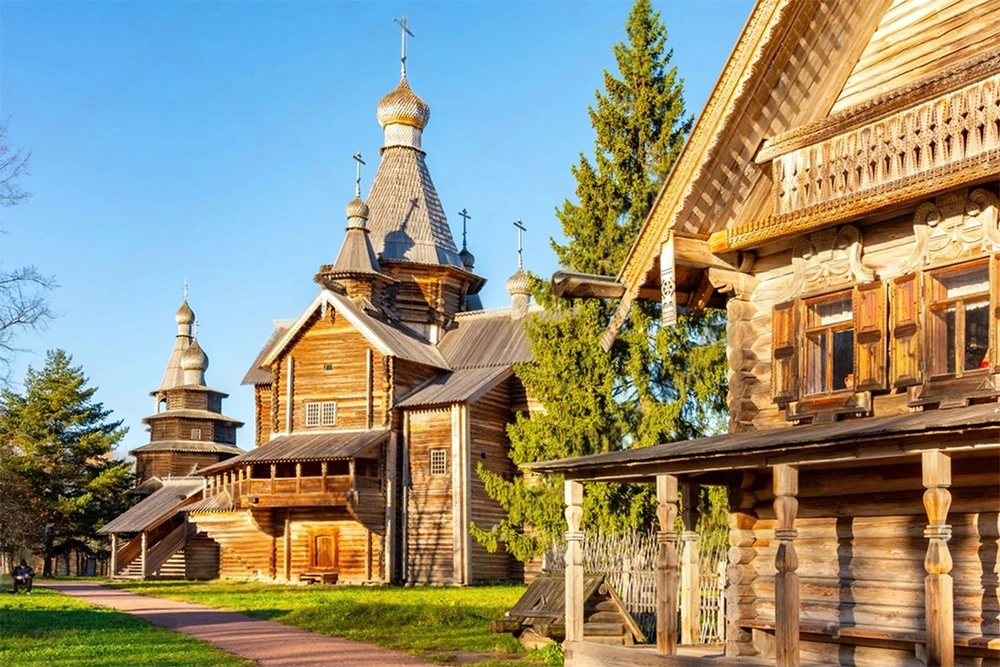
Buddhist calm and chess ghosts on Europe’s steppe
I didn’t expect to hear prayer wheels hum in the middle of Europe. In the Republic of Kalmykia, the steppe carries incense on its wind, and golden roofs catch the low sun with a quiet certainty. I remember feeling a hush settle in my chest, the kind that arrives when a place believes in something gently and without hurry.
Then there’s Elista’s Chess City, a whole neighborhood raised for a world tournament and now living in low volume. The streets are wide, the facades strict, and every step seems louder than it should. Chess motifs drift through the corners squares underfoot, quiet pavilions, tidy halls yet most benches sit empty, sun dusted and still.
It feels half spiritual retreat, half Soviet fever dream like a dream that forgot to wake up. And somehow the mix works: the mantra soft calm of the temples makes the concrete less severe, while the stark lines give the silence a frame. I left thinking Europe is roomier than we imagine, and that some places let the next move wait as long as it needs.
Life at -71°C, where school rarely closes
The air has edges; your first breath is all needles and then a hush, as if even sound is too brittle to move. It’s the coldest inhabited place on Earth minus 71 once etched into the records and the number feels less like trivia than a quiet fact everyone carries. It rearranges your sense of what’s possible in a day.
I remember a teacher laughing that school only closes below minus fifty; anything warmer is considered fine, like a regular winter morning. Locals like to joke that spit freezes before it hits the ground, and you half believe it as eyelashes crisp into white and hinges creak sharply in the cold. The scale shifts: pain becomes prickles, then routine, then something oddly companionable.
In Oymyakon, warmth is a verb more than a temperature you make it together, over tea that fogs the room and stories that thaw the space between people. That’s what stays with me: not the statistics, but how the cold turns into a shared language, a reason to lean closer. The edge of the world can be severe, and somehow still tender.
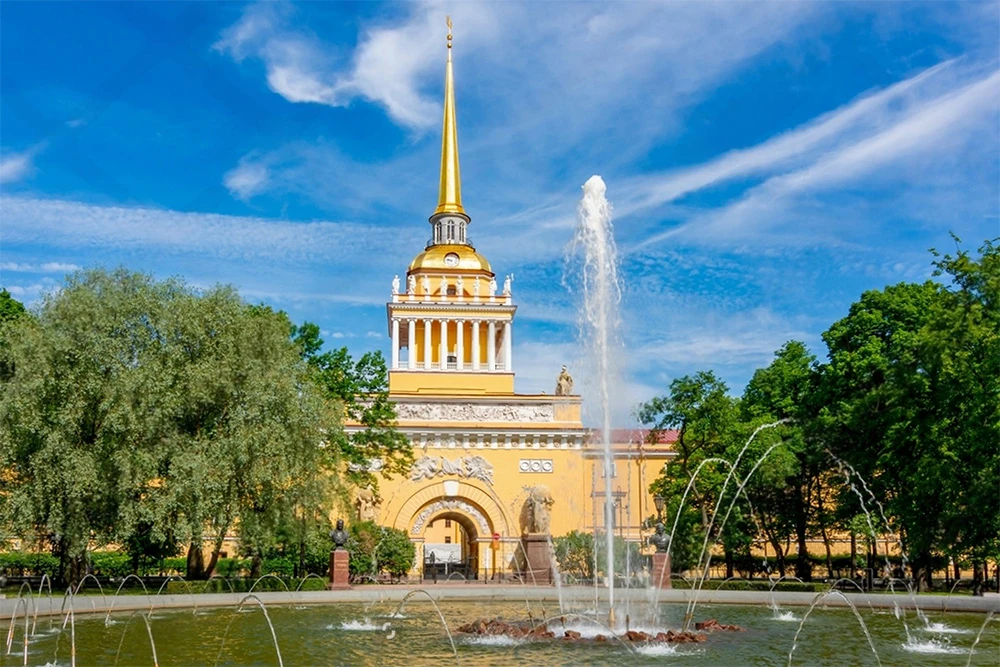
Red Square once meant beautiful, long before any politics.
I remember pausing on the worn cobblestones at dusk, when the domes caught the last honeyed light, and learning that Red Square wasn’t named for the color at all. Krasnaya once meant “beautiful,” someone told me, and suddenly the place felt like a misread postcard familiar, but tenderly corrected.
In Moscow, the name Красная площадь Krasnaya ploshchad was a compliment long before any ideology draped it in red. The wind carried church bells and the soft shuffle of boots, and I loved how the language tucked a memory inside the stone: beauty first, color later. It changes the way you stand there, as if the square is a small stage between centuries, asking you to look past the slogans and notice the simple grace of space and sky.
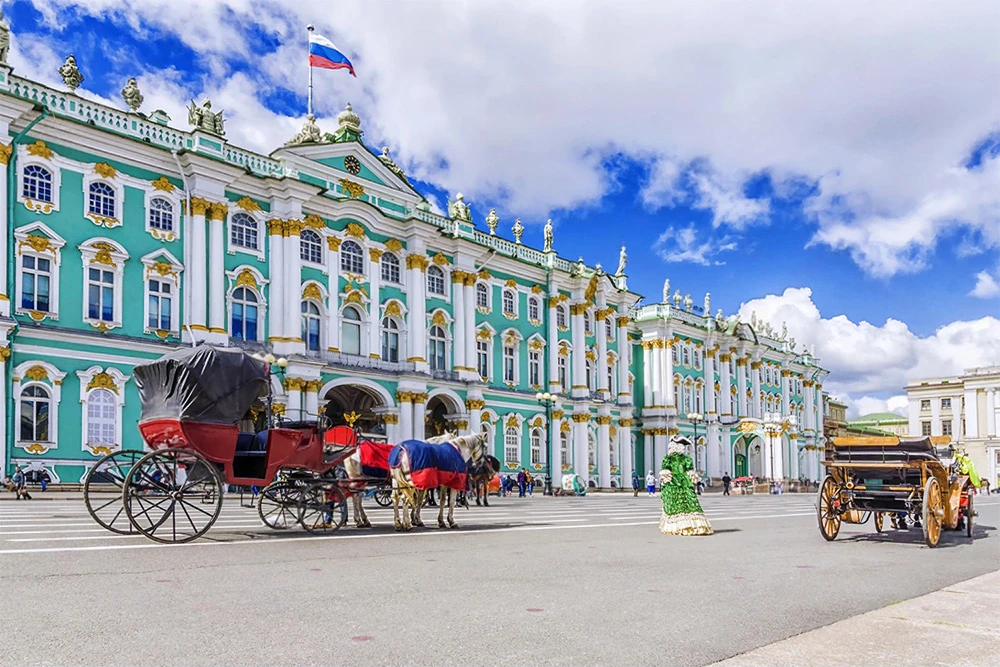
A museum guarded by whiskers, history, and quiet superstition
I still smile whenever I think about the Hermitage’s quietest staff. In the puddles of sunlight on parquet, whiskers twitch and paws whisper across the floor. They’re living bookmarks tucked into the pages of history.
Descendants of the 18th century palace mousers, about seventy of them keep to the back rooms and basement corridors, treated as colleagues rather than curiosities. There’s even a press officer for their affairs, a roster of names, and an adoption program for retirees ready to trade marble chill for warm sofas. I remember a guide once lowering her voice, as if discussing dignitaries, while pointing out where the bowls are lined up.
One of them, Achilles, supposedly predicts football match outcomes, and no one minds when a cat gets to choose. I’ve seen adults grin as he leans toward a bowl, the whole mood turning light and hopeful. In St. Petersburg, where grandeur can sit heavy on the shoulders, those cats feel like a soft heartbeat under all that gilt proof that humor and care still watch over the art.
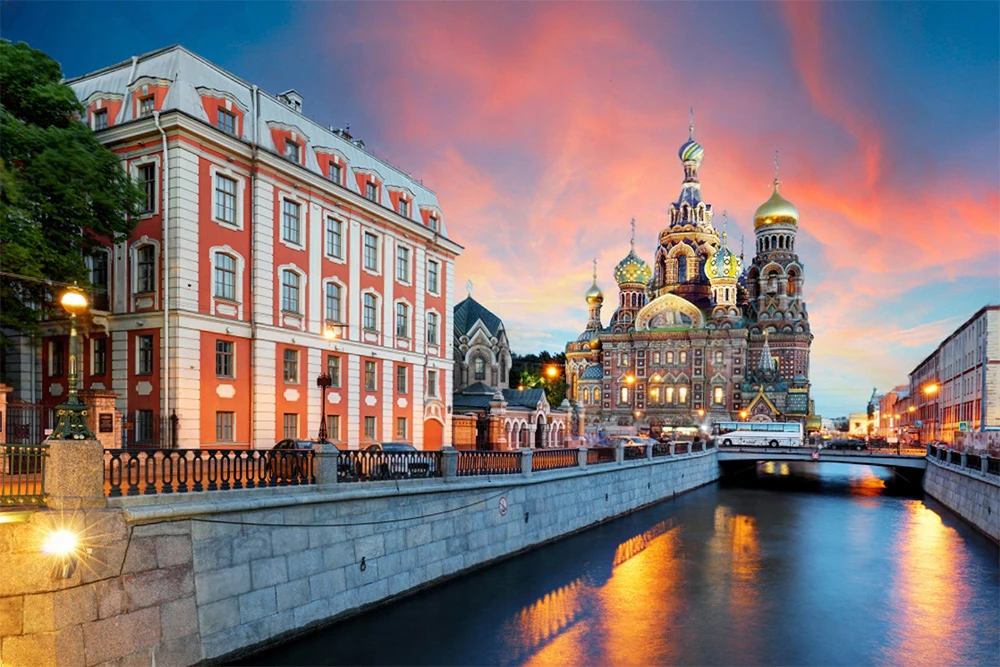
Klyuchevskaya Sopka, still breathing after seven millennia
I still remember the air tasting faintly of sulfur and the snow carrying a soft gray dust. Ravens drifted overhead, and somewhere deep below, a low, steady rumble pressed against my ribs. People here call Klyuchevskaya Sopka “the mountain that breathes,” and standing nearby, the name felt perfectly plain, almost obvious.
Scientists keep their ledgers: more than thirty eruptions in the last hundred years, a clear label dangerous. But seven thousand years of life is its own kind of authority. On the southern Kamchatka Peninsula, you start to accept that the ground has a pulse and you live by it. It made my timelines shrink to size; worries that usually shout fell quiet, like ash settling after a gust.
When a tsar taxed beards to polish Russia’s image
I still smile at the thought: a country where beards needed paperwork. Peter the Great, bent on a sleeker, “European” horizon, decreed that if you kept your whiskers, you had to carry a little license to prove they were legal. I picture the scratch of stubble in frosty air, the glint of stamped tokens in pockets, beards turned into toll roads.
Some men paid with a shrug and a spark of pride, as if their coins said I choose this. Others did something tender and stubborn they buried their clippings, a quiet protest they could hold in their hands. In St. Petersburg, a city built to look west, the story feels close to the bone: the way a bright idea can rub like sandpaper against the grain of who you are. I remember thinking how modernity here wasn’t just façades and boulevards; it was skin deep, too, and not everyone wanted to shave it away.
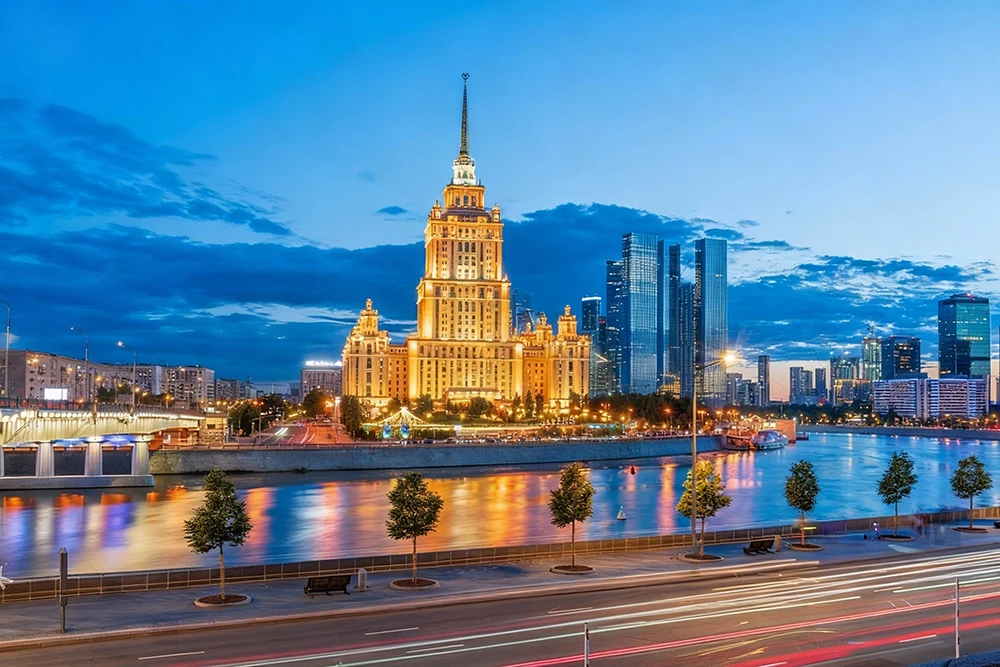
Six days on the world’s longest iron ribbon
By day three, your watch stops meaning much and the window becomes a clock of its own birch trunks flicking by like pale matches, dawn stretching thin, then gathering itself again after another time zone slips beneath the wheels. Somewhere across Russia, this 9,288‑kilometer line hums from the western capital to the far Pacific edge, and in that hum you learn a quieter kind of patience. The air in the carriage smells faintly of tea and metal, and when the door opens at small stations you catch a breath of cold, a curl of smoke, the crisp salt of dried fish.
I remember how strangers turned into companions in those six unhurried days, as if the train itself invited confidences half a world’s worth of conversations shared over black bread, tangerines, and enamel mugs that warmed our hands. Crossing eight time zones felt less like traveling and more like listening to the slow heartbeat of a continent; you don’t rush it, you just let it steady you. By the time the rails finally loosen their hold, you step onto the platform feeling slightly rearranged, like distance has taught you a gentler way to measure time.
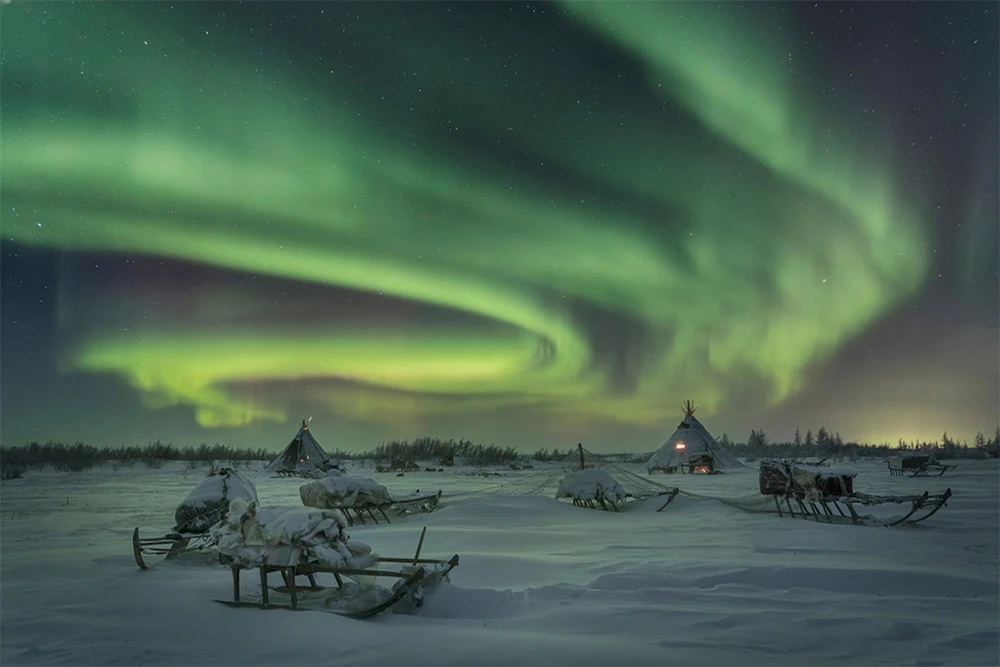
The Clock That Paused History at 2:10 a.m.
I remember the hush in a high ceilinged gallery, the cold of marble underfoot and the faint smell of varnish in the air. In Saint Petersburg’s Hermitage, a gilded clock sat forever at 2:10 a.m., the exact minute on October 26, 1917 when the Bolsheviks seized power. For a century it stayed still, a small brass reminder of a revolution and of how a single moment can feel endless.
When curators restarted it in 2017, that first tick felt, even from afar, like a room exhaling after a very long wait. Some people worried about erasing the pause, but to me it was kinder: letting time move again while holding the memory close, the hands circling yet always passing through that minute. In a city that has weathered so much history, the sound was gentle and steady, a small metronome stitching the present to the past.
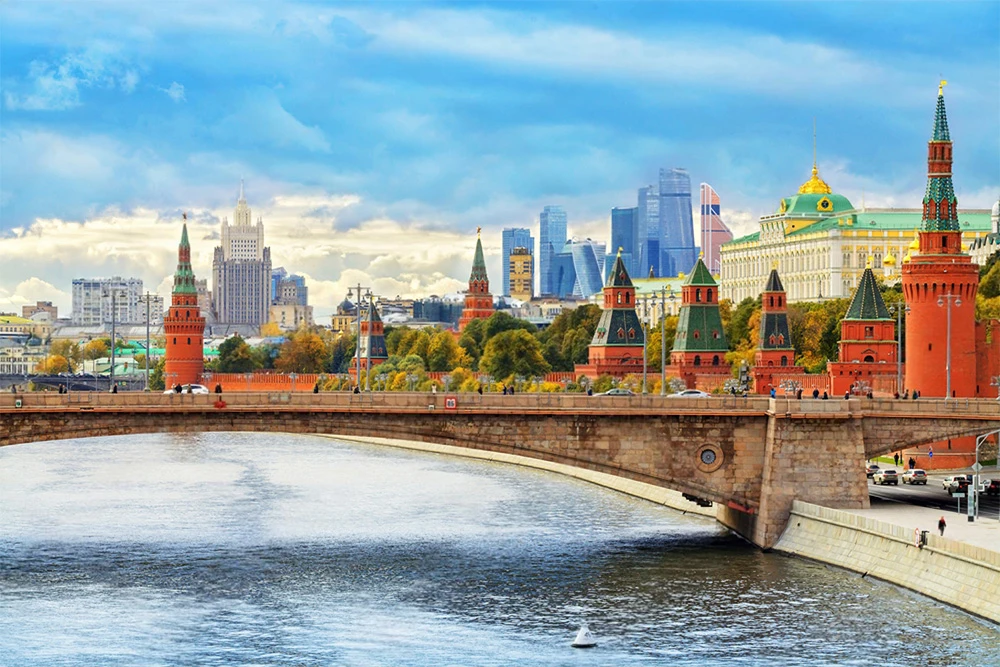
A tender shrine to the first space dogs
It’s the kind of place that makes strangers lower their voices. In Kaluga, an entire museum keeps vigil for the space dogs: glass cases with tiny pressure suits, collars whose tags still wink, sun faded posters, and a soft whiff of machine oil that clings to the air. Somewhere in the quiet, you almost catch a faint ping that seems to steady the room.
I remember pausing at the portraits of Belka and Strelka and feeling my throat tighten. They weren’t just mascots of an anxious era; they were two small lanterns in a hard winter, and somehow their bright eyes made the whole story gentler. No wonder they became celebrities famous not for swagger, but for making space feel close and kind.
Decades on, people here still go misty, the pride braided with affection for the little bodies that carried so much hope. Maybe that’s why the place feels so tender: in the race for the cosmos, the heart was the first engine.
When a lake becomes a warning in winter silence
Sometimes the cold hush of the forest presses against your ears, and you start to think silence must be harmless. I remember hearing about a body of water where that calm is a trick, where the surface looks ordinary and the air smells of pine and iron, the kind of sharp scent that makes your breath feel newly minted.
They call it Lake Karachay, a kind of upside down lake an icy mirror not of sky but of our mistakes. One hour on its shore can be enough to end a life, which feels impossible when you imagine the still skin catching pale light and a rim of frost like sugar. It’s the same old lesson in the most chilling of forms: danger can look like glass.
What stays with me is the ache behind the fact: power without humility leaves marks you can’t scrub out. Damage lingers longer than we imagine; beauty and danger can share the same face. Some places become a bruise on the earth so we remember to be gentler with the rest of it.
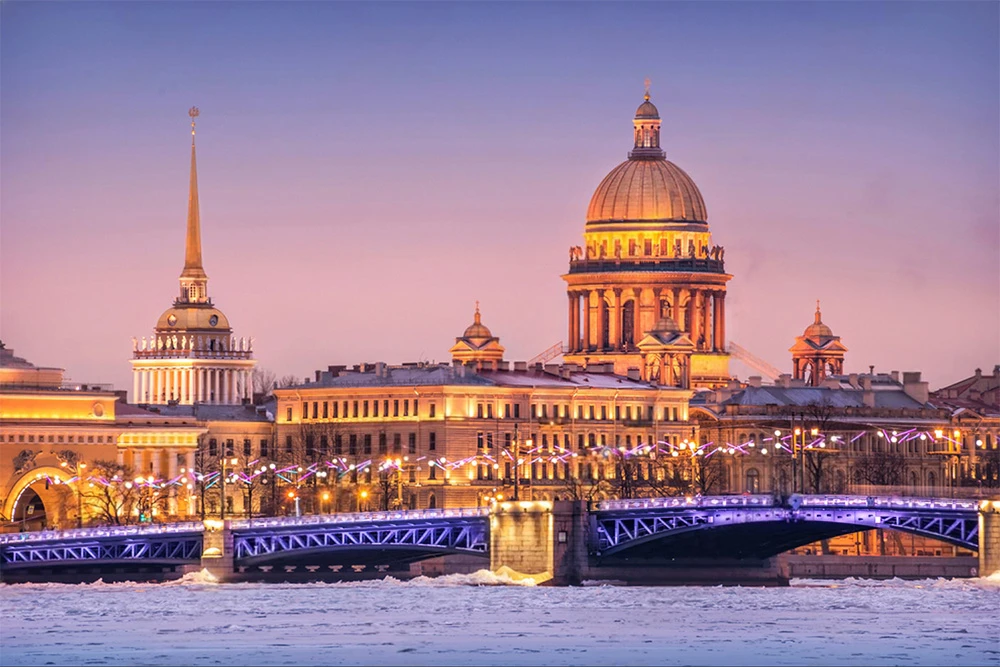
Her sword sings above Volgograd, taller than Liberty
I thought I knew what “huge” felt like, and then she rose against a pale sky with her blade lifted, face set somewhere between grief and fury. In Volgograd they call her The Motherland Calls, and the name lands heavy and tender at the same time. She’s eighty five meters of presence, yet she feels strangely human like a storm held in stone with the wind combing the hillside and the grass shivering at her feet.
Locals swear her sword sings when the gusts are strong, and on a blustery afternoon I heard it too: a thin, bright note threading the air, gone as quickly as it arrived. It wasn’t eerie; it felt like the place breathing, like all that memory needed a small sound to keep it from spilling over. I remember thinking how surprising it is that she stands taller than Liberty, and yet the real height is in the emotion she carries anger sharpened into protection, sorrow steadied by resolve.
You walk away quieter, the kind of quiet that follows a hard story told well. There’s a dignity to that hill that lingers on the skin, a reminder that some monuments don’t celebrate as much as they keep watch. And for a moment, when the wind tilts just right, the whole sky seems to listen.
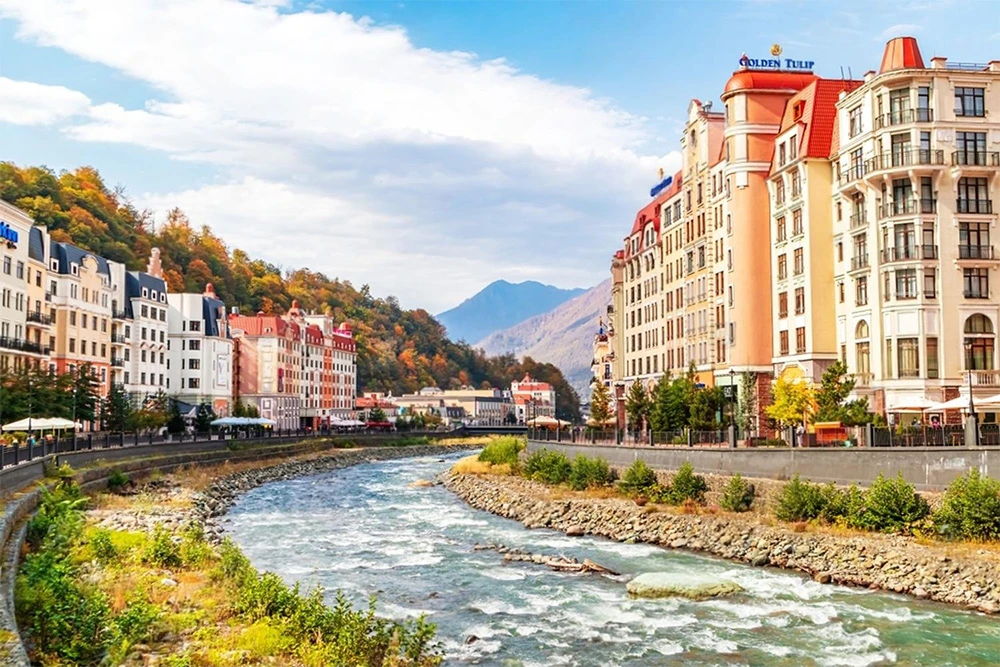
A country stitched from hundreds of fragile tongues
Once, in a café with windows fogged by winter breath, the room shifted when someone named their language Чувашский softly, with pride. At the next table, a grandmother rolled out Карельский, her voice steady, vowels warm, consonants quick, and the smell of black tea and bread seemed to lean closer to listen. I remember thinking how a word can carry weather, laughter, and the creak of old floors all at once.
In Russia there are more than 270 languages, and some stand steady while others flicker, candles cupped against the wind. It’s beautiful and a little heartbreaking: every dialect a small inheritance passed from mouth to mouth, fragile but shining. When I hear them, the country stops feeling massive and abstract; it turns into a quiet choir learning to breathe together, and I want every voice to keep its place.
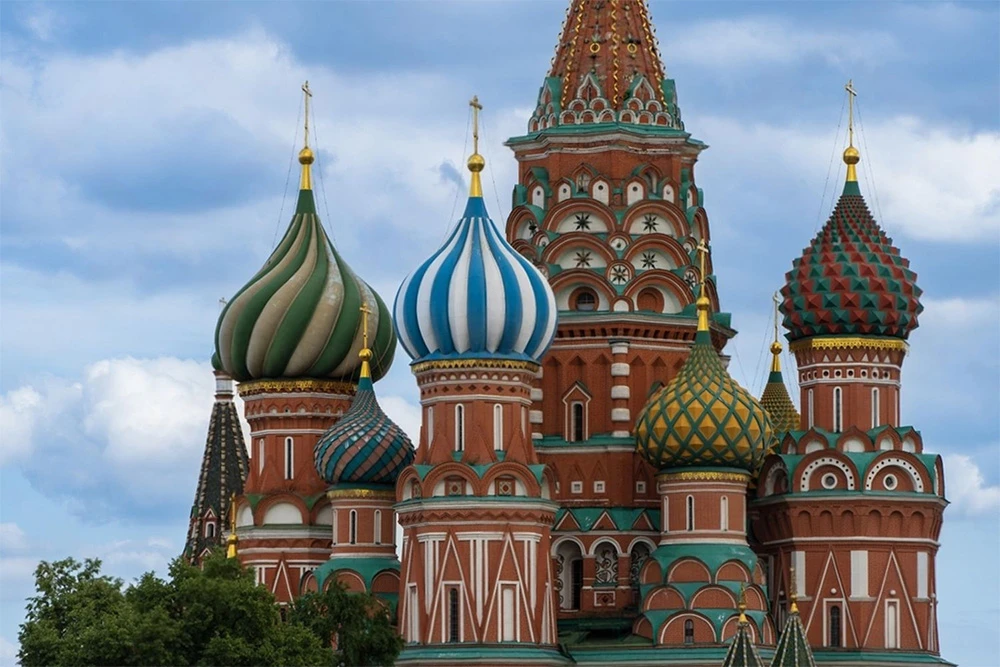
A museum beneath the city, lit by chandeliers
I remember the hush when the air turned cool and faintly metallic, and the escalator kept gliding down, as if time had decided to stretch. The descent can outlast the minutes you spend on the surface between stops. Then the platforms open in a quiet glow: chandeliers trembling with light, mosaics stitched across the walls, marble columns holding the calm. In Saint Petersburg, even the daily commute feels palatial; Soviet era engineers imagined stations with the kind of care usually saved for ballrooms.
Locals call it the museum beneath the city, and it makes sense beauty arriving in the middle of errands, a surprise that doesn’t ask for attention but earns it anyway. There’s a gentle dignity to those choices, a belief that ordinary lives deserve a little radiance. I love the way strangers soften under the gleam, voices lowered, shoulders unknotted; for a moment before the train, it feels like standing in shared grace.
Where chess feels more like faith than pastime
I still hear the soft clack of wooden pieces, the sound carrying through cool air like a secret being passed along. Once, while wandering in Moscow, I watched a grandfather hover over a board as steam rose from his tea glass, a small crowd forming the way people gather around a street musician. No one was in a hurry; eyes followed knights and bishops with the kind of quiet attention usually saved for lullabies and endings.
People joke that chess is more than a hobby there, but it really felt like a creed. In Soviet days, champions were treated like rock stars fan clubs, posters, the whole glow and when a world match was on, kitchens and courtyards seemed to fall into the same hush. The game seeped into everything, shaping childhoods and slogans alike; the board was a small parliament where every move made a statement.
What stayed with me wasn’t the victory or the checkmate, but the way it gave people a shared language. Kids learned patience at the same tables where their parents learned to dream strategically, opening moves sometimes whispered like prayers. It’s surprising and beautiful how a grid of sixty four squares can hold so much feeling ambition, discipline, a kind of national tenderness like the country looking at itself and nodding, “Your turn.”
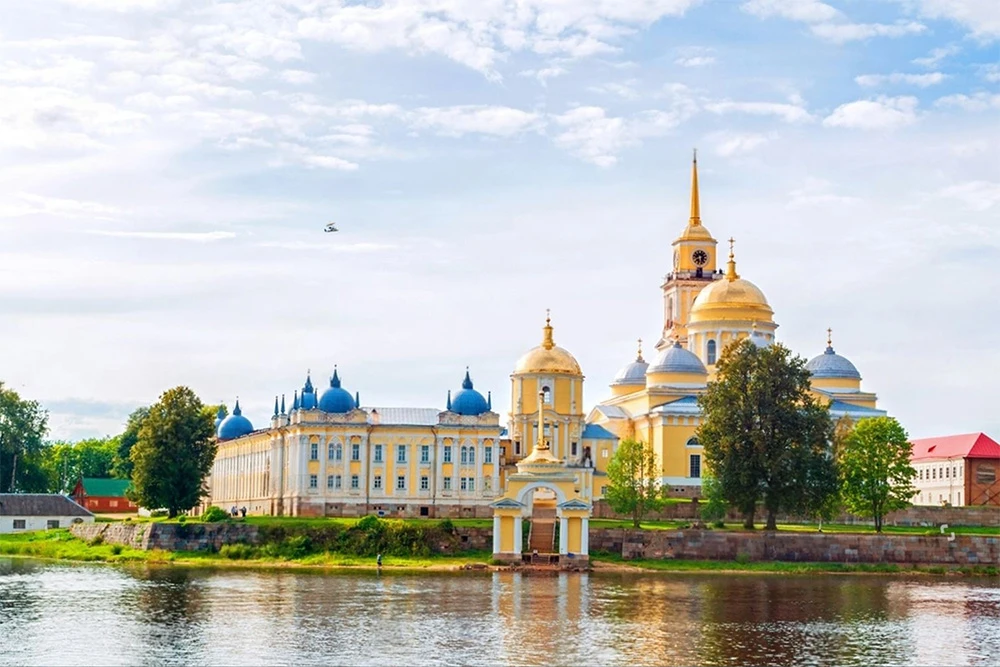
The camel that guards a Siberian crest
I couldn’t help smiling the first time I noticed it a camel sitting proud on a city crest. In the frost bitten air, where snow squeaks underfoot and breath turns to small clouds, it looks both stubborn and strangely at home, like a ship of the desert wearing frost with a shrug.
It honors the old Silk Road caravans that once drifted this far north, the ones that hauled tea bricks and silk and stories across the steppe. I love that image: desert travelers pausing in the cold, trading a little warmth for a little wonder, and leaving behind a sign that they had passed through.
That camel made Chelyabinsk feel like a crossroads rather than a frontier, a place that trusts unlikely meetings. Almost like the hinge where maps swing open and routes find each other. In a land of crisp light and steady patience, that small emblem reminds me that long journeys still find their welcome.
Caspian Gates: From Shield of Empires to Sanctuary of Dreamers
Sometimes a wall doesn’t push you away it pulls you in. Up on the ramparts the wind smells of salt and dust, and you can almost hear the old orders fade into new prayers. These fortifications guarded empires, yet somehow they feel tender now, like a hand cupped around a candle so the flame can keep telling its stories.
In Derbent, they call them the Caspian Gates, and I love how the name still fits more a hinge between worlds than a barrier. Today it’s painters with smudged fingers, quiet mystics, and restless wanderers who lean into the stones, the same kind of dreamers who once kept watch through long nights. It surprised me how a place built for defense could become an invitation, as if the city finally decided its best safeguard was beauty and belonging. You leave with the taste of sea on your lips and a steadier heart, the kind of calm that feels like being welcomed home.
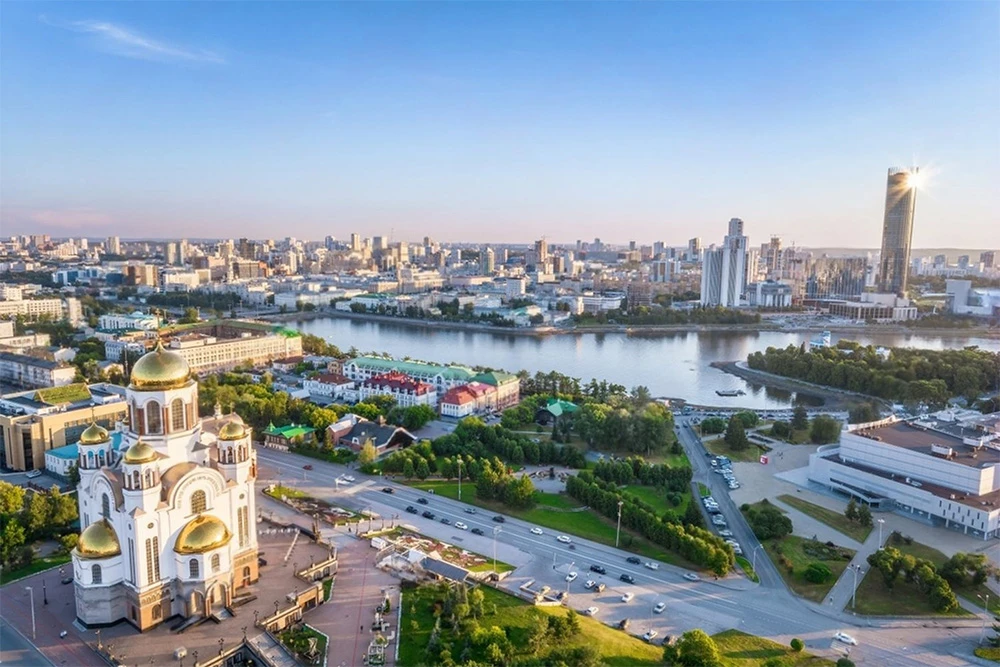
A glass highway over a living blue soul
I still remember the first glance down and the shiver that came with it the ice looked like air, and beneath it the world lay perfectly visible, forty meters deep. Pebbles, long silver threads of frozen bubbles, pale scars of old cracks; everything was crisp as if the lake had been polished at dawn. The cold had a clean, mineral taste, and somewhere out on that shining sheet, trucks rumbled across as if driving on daylight itself, their sound carried thin and far.
It’s not just the world’s deepest lake; it holds a fifth of our fresh water, and that number hits you in the chest more than in the head. Standing there felt like standing on the planet’s held breath. In that wide hush, I understood why, on Lake Baikal, people speak of a living soul because you don’t just look at the lake; you feel it looking softly back, reminding you how much water, time, and quiet the world can hold.
Where the River Remembers Everything
There’s something about the Volga that makes you quiet, even if you didn’t mean to be. The air around her seems heavy with memory — like the river itself has been listening for centuries. I remember standing near her banks once, watching how the light kept changing, silver to gold to something you can’t quite name. It felt as if the water was breathing along with the land.
They call her the “Mother Volga,” and it makes sense the moment you see her. She’s not just a river — she’s a pulse. Everything moves because of her: trade boats, love stories, the songs that somehow sound older than anyone singing them. People say every wave carries something — a prayer, a promise, a little piece of someone who once stood there and whispered their hope into the wind.
Maybe that’s why the Volga feels so human. She holds everything without judgment — joy, grief, and everything in between. And when you leave, you don’t really leave her. Some part of you keeps drifting with the current, still humming one of those old songs that never seem to end.
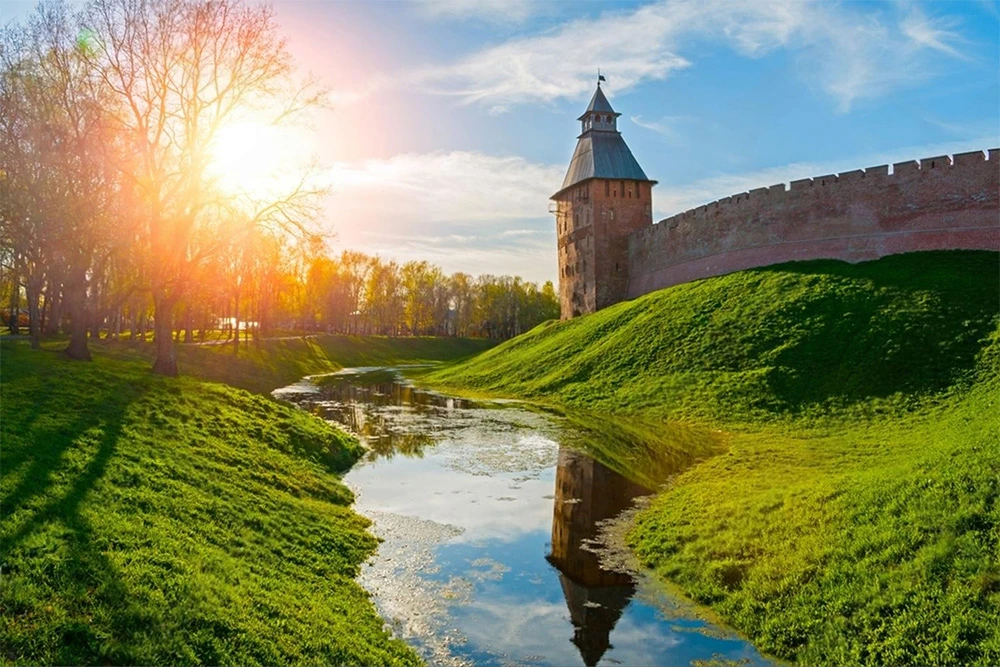
When Grace Became a Whispered Revolution
It’s strange how something as weightless as a pirouette could carry so much power. In Soviet Russia, ballet wasn’t just art — it was politics dressed in silk and sweat. I remember reading how the Bolshoi’s stage lights gleamed like interrogation lamps, yet under them, dancers found a kind of freedom no speech could give. Every leap, every trembling pause, felt like a secret being told too beautifully to be punished.
Nureyev, Pavlova, and so many others turned discipline into defiance. They moved as if their bodies could outwit the censors — and somehow, they did. Even the state, for all its control, couldn’t tame what was happening between the music and the motion. The audience saw grace; the dancers knew it was rebellion.
Maybe that’s the miracle of it — that beauty can survive even inside a cage. The curtains rose, the orchestra swelled, and for a few moments, the whole nation forgot about fear. It was propaganda on paper, yes, but in the air, it was pure soul.
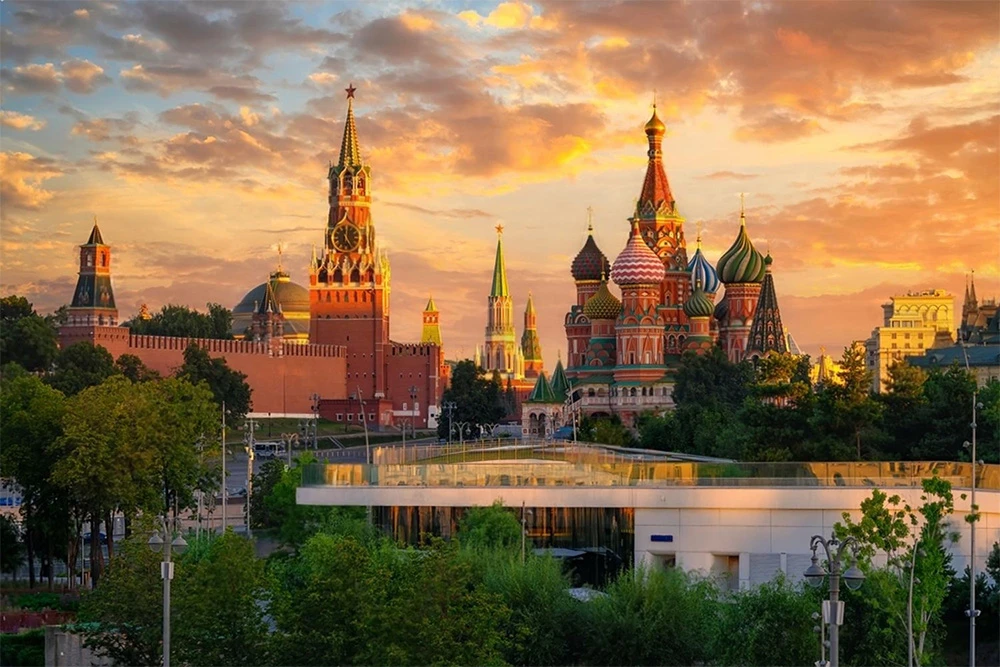
Where Love Guards Every Corner
I once laughed when someone in Moscow gently pulled me away from the corner of a table — not out of rudeness, but worry. “You’ll never marry if you sit there,” they whispered, half-joking, half-serious. It’s one of those old Russian superstitions that somehow never faded, even in a city full of glass towers and fast Wi-Fi. Love, it seems, still holds a seat of honor.
There’s something tender about that belief. It’s not really about furniture or fate, but about hope — the quiet, universal kind. People will slide a chair, shuffle plates, rearrange a dinner just to give someone’s heart a better chance. I love that gesture, that mix of old caution and modern warmth, like a spell whispered through generations.
Maybe that’s what makes it beautiful: in a world that pretends to be rational, someone still believes love can be lost — or saved — by where you choose to sit.
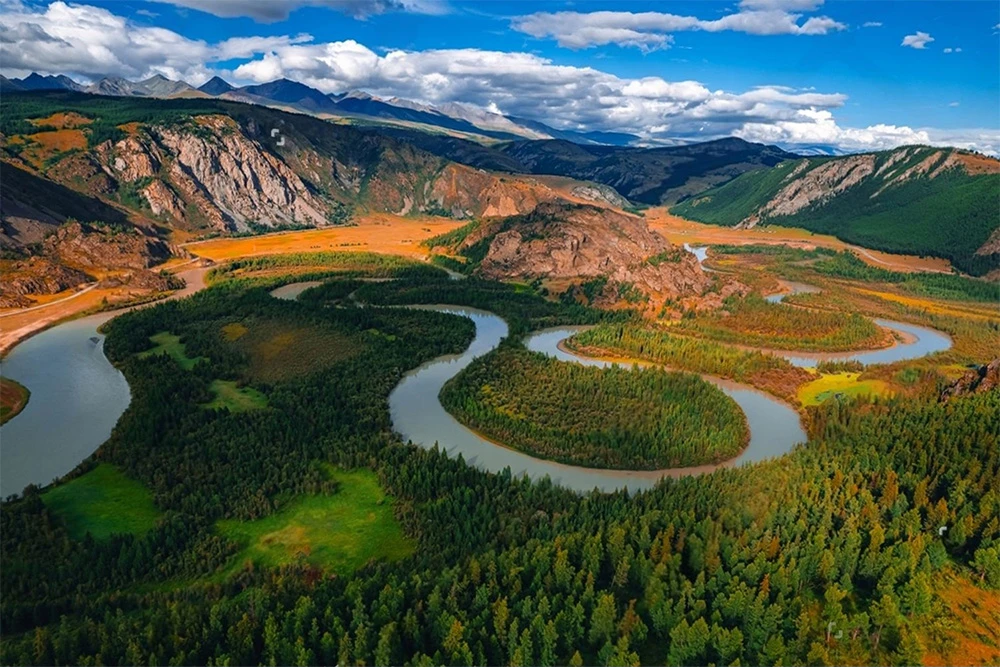
Where Time Slows Over a Cup of Tea
In Russia, tea isn’t just a drink — it’s an atmosphere. I remember sitting at a kitchen table in St. Petersburg once, watching the steam curl from a samovar like a soft ghost. Someone passed me a spoonful of cherry jam instead of sugar, and suddenly the whole ritual made sense. It wasn’t about taste; it was about care, about saying, “Stay a little longer.”
There’s a quiet grace to it — this way of turning an ordinary moment into something almost sacred. Conversations stretch and soften between sips; laughter settles like warmth in the walls. You forget about the clock. Tea becomes a language of its own, slower, kinder, honest in ways words can’t quite manage.
Maybe that’s why it feels so different from coffee culture. Vodka might ignite a night, but tea — tea teaches you how to listen.
The Politics of a Second Helping
There’s a special kind of warmth in Russia — the kind that simmers in kitchens, not fireplaces. I remember once saying “no, thank you” to more dumplings and watching a babushka look at me as if I’d just questioned the laws of gravity. You can decline a lot of things in Russia, but never food. Hospitality here isn’t a courtesy; it’s an act of love, fierce and insistent.
It’s funny how every meal feels like a small ceremony — a table crowded with dishes, laughter, and the unspoken rule that you must eat until you surrender. Refusing seconds isn’t just impolite; it’s practically ideological. To accept is to belong. To eat is to agree that life, despite everything, is still worth celebrating.
And maybe that’s what makes it so beautiful. In a land of snow and silence, people fight the cold with generosity. Every plate, every toast, feels like a quiet rebellion against hardship — a declaration that warmth will always win.
The Cities That Don’t Want to Be Found
Somewhere in Russia, there are towns that don’t officially exist. No road signs, no postal codes, just clusters of quiet streets hidden behind barbed fences and old secrets. They were born in the fever of the Cold War, places where scientists built what no one was allowed to name. Even now, those cities hum softly in the background — like a radio left on in another room, playing a song you’re not supposed to hear.
I’ve always found that haunting — the idea of people living entire lives in places erased from maps. Children went to school, lovers met in parks, someone baked bread in the morning — all under a veil of silence. The world outside moved on, but inside those borders, time held its breath.
Maybe that’s why they linger in the imagination. These secret cities remind us that history never really sleeps; it just changes its address. Hidden behind security gates, they are the last whispers of an era that believed secrecy could keep the world safe — or at least, make it forget.
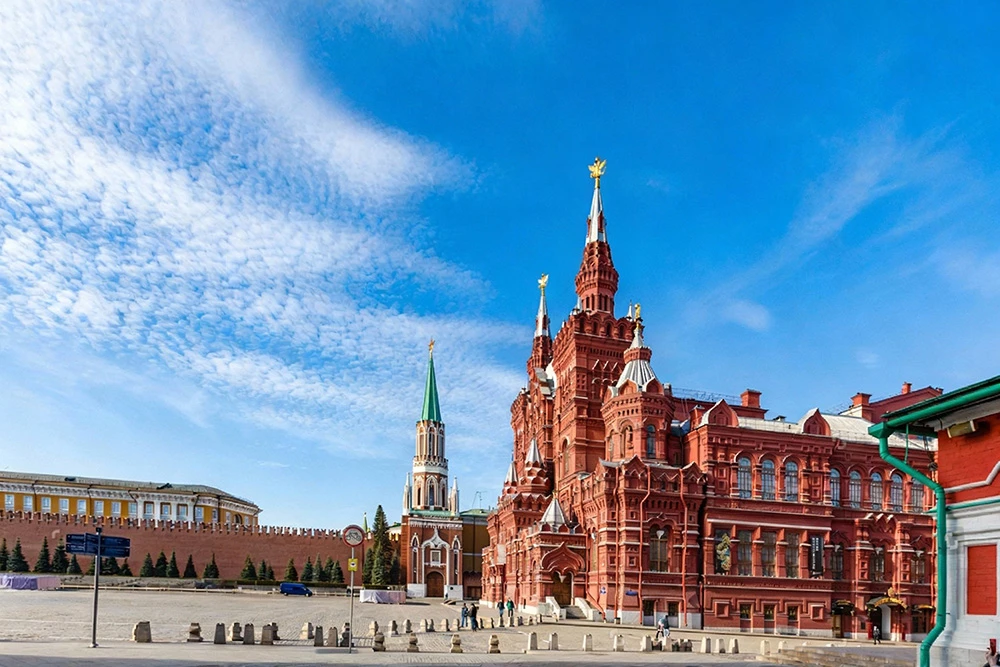
Final thought
In the end, it’s not the grand monuments or endless winters that define Russia, but the small, human moments tucked quietly between them. The secret cities, the jam-stirred tea, the fierce generosity at the table — they all tell the same story in different tones. Russia isn’t a mystery to be solved; it’s a heartbeat felt through layers of history, still steady, still warm. And maybe that’s the truest thing about it — beneath the frost and legend, there’s always a light that refuses to go out.
